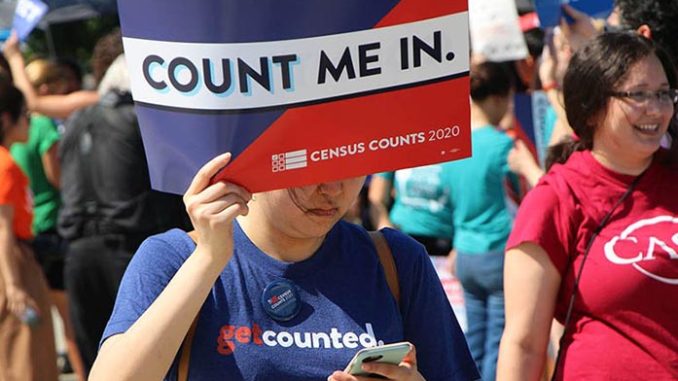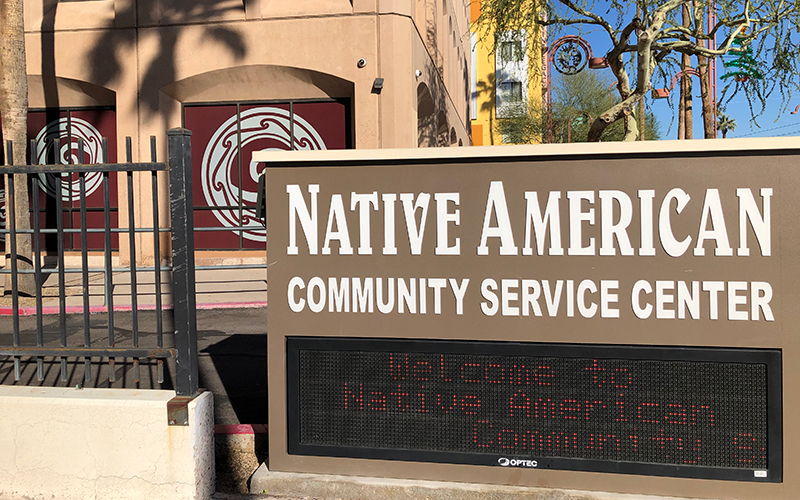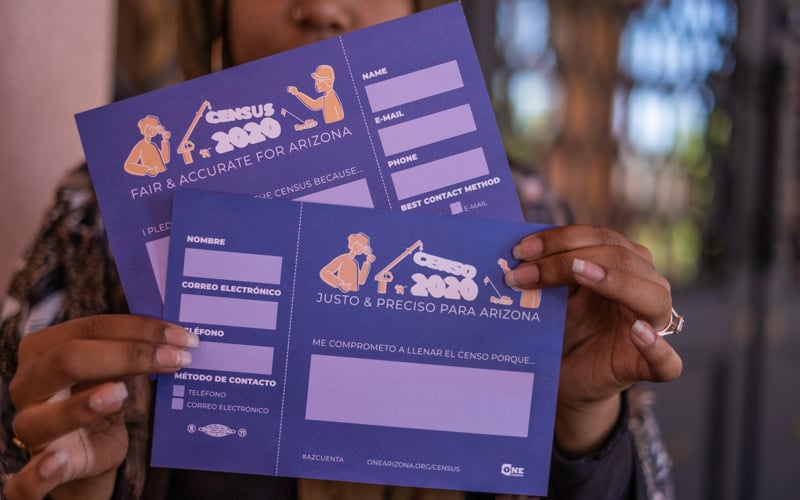
WASHINGTON – Even as it was losing the fight to put a citizenship question on the 2020 Census, the bureau was running tests last summer that it now claims show the question would not have affected response rates.
That finding will not affect the 2020 Census, but advocates say it is a distraction they don’t need as they try to get historically undercounted groups to trust in the process and fill out the census forms.
And, they charge, the findings are just wrong. The bureau’s most recent findings fail to account for how residual fear on the citizenship question could have deterred people from participating in the test, they charge.
“A very plausible interpretation of the results would be that the damage has already been done. The folks that were essentially dissuaded from participating made a decision … way before the Census launched their experiment,” said Robert Santos, vice president and chief methodologist at the Urban Institute.
“I and others … pointed out that there were alternative interpretations to that finding, so they shouldn’t conclude that there would be no impact there,” Santos said.
The bureau declined interview requests, pointing instead to earlier statements on its website. That blog post stuck by the study’s findings, while assuring the public that results of last summer’s test would have no impact on this spring’s census.
“The results of the 2019 Census Test will not trigger a major change in our communications campaign strategy, which was built on prior research that indicates that self-response differs across communities, and that some populations may be fearful about participating in the census,” the bureau’s blog post said.
The findings, released Oct. 31, were based on a test of about 480,000 test forms sent in June and July to households across the country – half of which got the question on citizenship. Both test forms still included the other questions that will be on the 2020 Census, such as age, sex, Hispanic origin, race, relationship and homeownership status.
The bureau said there was less than a 1% difference in response rates on forms that had the citizenship question and those that didn’t. It said there were no differences in the age or race of respondents who got the different forms in the test.
The forms were going out about the same time that the Supreme Court was rejecting the bureau’s attempt to put a citizenship question on the 2020 Census form. Chief Justice John Roberts wrote then that the Commerce Department failed to justify its decision to include the question, calling Commerce Secretary Wilbur Ross’ explanations “contrived” and not “genuine.”
Opponents of the citizenship question had spent months in court arguing that the question was being pushed by the Trump administration because it would lower response rates by non-citizens – something the bureau’s own research had shown last year.
That fight is still causing lingering confusion in Latino communities over what actually will be included on the census, as well as what that information could be used for, said Lizette Escobedo, director of the national census program for the National Association of Latino Elected Officials.
“This is an impact we’re going to continue to see repercussions of up until the actual enumeration process next year,” Escobedo said.
“A lot of the work that we’ve been doing now is all of the education work,” she said. “We’ve been having to really just focus on the very basic and specific aspects of what folks should expect on the form, and the fact that part of what they shouldn’t expect on the form is any facts about citizenship or immigration status.”
Since the Supreme Court ruling, advocates have had to “make a big effort to get that trust back from our community,” said Patricia Foxen, deputy director of research at UnidosUS.
“It’s not just that question,” Foxen said. “It’s everything that was happening around that – you know, the Trump administration’s policies toward immigrants and refugees have had a real chilling effect on a lot of different things.”
William Frey, a senior fellow for the Metropolitan Policy Program at the Brookings Institution, pointed to how much is riding on an accurate census count, including the apportionment of seats in Congress and the Electoral College. Just counting citizens, as opposed to the overall population, “would skew the way congressional districts and state districts would work,” he said.
Not responding to the census can also mean a loss of access to government programs that rely on census data to get funding, Frey said.
“A lot of those programs are delegated to young people – school, education, various social safety-net types of programs – which many of those people who wouldn’t fill out the forms might qualify for,” Frey said.
While the issue might return for the 2030 Census, Frey said opposition could be even greater then.
“The groups who don’t want it to happen are going to become a larger part of the population and a larger part of the voting population, who will determine who’s in Congress over the next 10 years and who’s the next president,” Frey said. “It’s a big ‘if.’”
For now, Escobedo said, the challenge NALEO faces is educating people about what the census will include without reigniting the previous fears.
“What we’re trying to do is not kind of beat the same drum,” she said. “We’re focused on educating on what to expect and reiterating that every single person in the household on April 1, 2020, must be counted, but it’s going to be a huge lift.”


